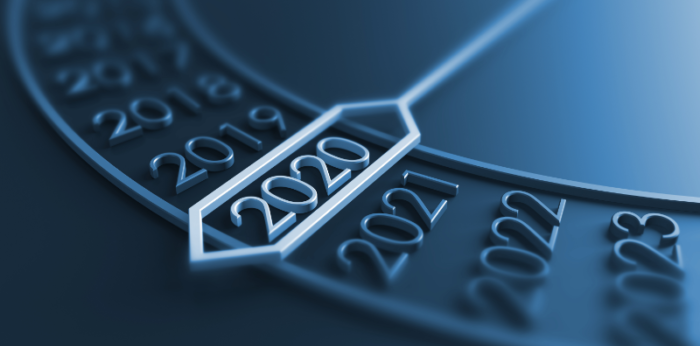In light of scrubber malfunction issues that have arose, MEPC 74 committed to investigate the environmental impacts of EGCS liquid effluents by adding a new item on their agenda, called ‘Evaluation and harmonization of rules and guidance on the discharge of liquid effluents from EGCS into waters, including conditions and areas‘, which will be evaluated on the next PPR.
The 2015 Guidelines on Exhaust Gas Cleaning Systems (EGCS) include washwater discharge standards; However, in light of the scrubber malfunction and washwater discharges into the sea issues that are in the spotlight today, the controversy around the matter highlights that there’s still work to do.
IMO’s MEPC 74 discussed the subject, resulting to the decision that vessels equipped with scrubber systems should not be allowed to use high sulphur fuel for an extended period if the scrubber isn’t functioning properly.
Specifically, in the possibility that the vessel is unable to fix an EGCS system malfunction, due to an accidental breakdown, within an hour, it has to switch to compliant fuel; However, if the ship is not equipped with sufficient compliant fuel onboard and has to use high sulphur fuel, it is mandatory to communicate a proposed course of action, such as bunkering compliant fuel and/or repair works, for the agreement of the relevant authorities.
[smlsubform prepend=”GET THE SAFETY4SEA IN YOUR INBOX!” showname=false emailtxt=”” emailholder=”Enter your email address” showsubmit=true submittxt=”Submit” jsthanks=false thankyou=”Thank you for subscribing to our mailing list”]
Therefore, mariners should conduct proper scientific assessment so that any decisions and procedures are based on evidence.
Concluding, IMO members and stakeholders have been asked to fund GESAMP, a group of independent scientific experts that provides advice to the UN system on scientific aspects of marine environmental protection, to set a task team to assess the available evidence relating to the environmental impact of discharges of exhaust gas cleaning system effluent.
































































